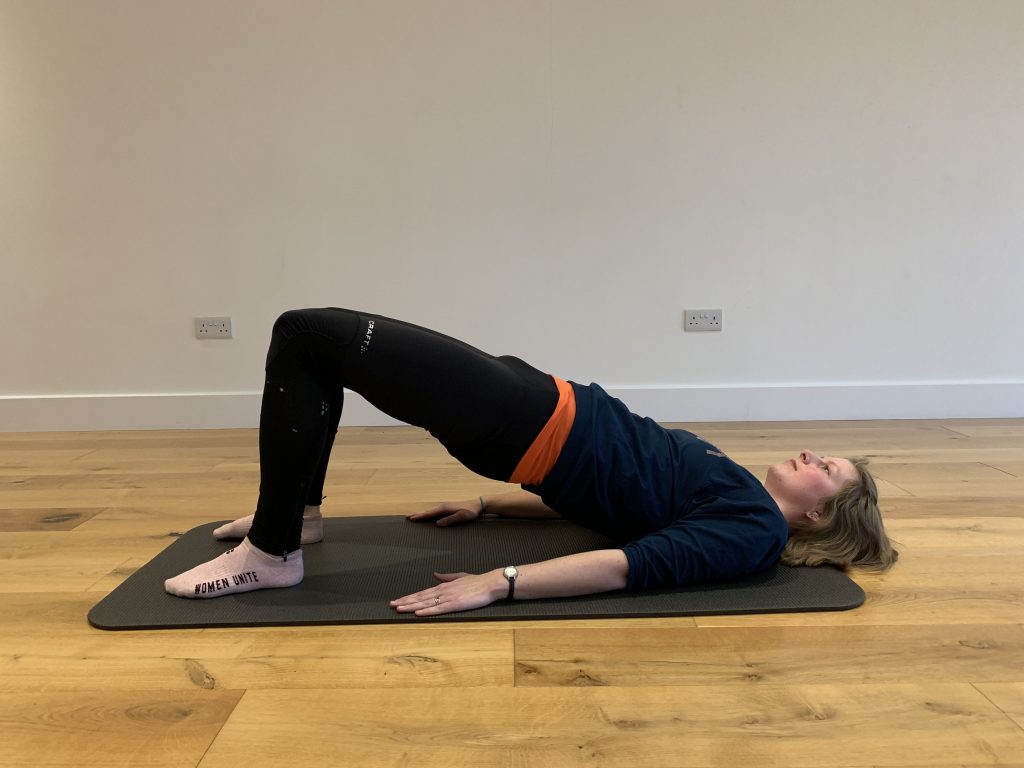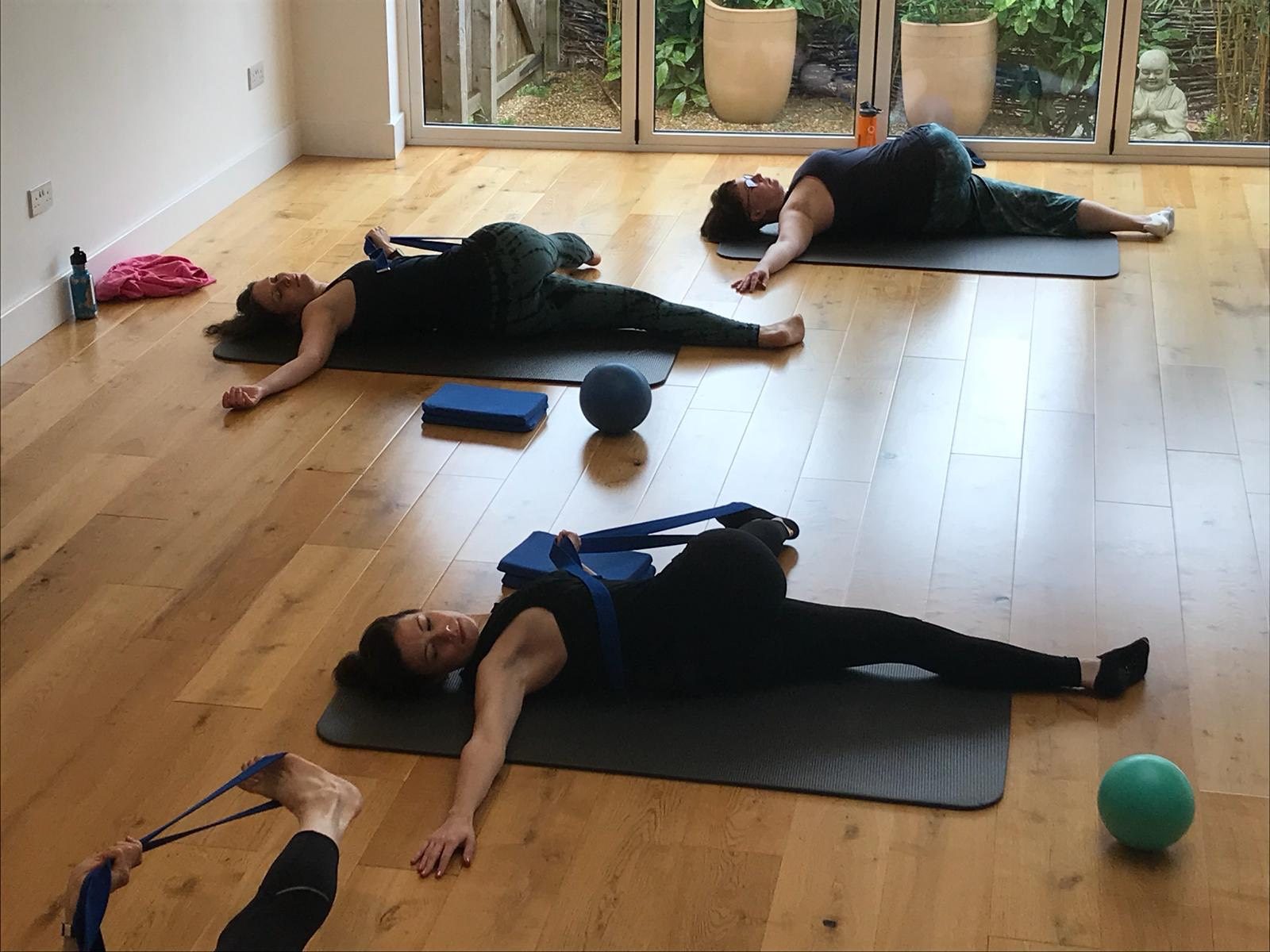
Think of your core muscles as the robust central link in a chain connecting your upper and lower body. Whether you’re hitting a tennis ball or mopping the floor, the necessary motions either originate in your core or move through it.
No matter where motion starts, it ripples upward and downward to adjoining links of the chain. Thus, weak or inflexible core muscles can impair how well your arms and legs function and that reduces power from many of the moves you make. Building up your core increases your power, stability and balance. It can help prevent falls and injuries during sports or other activities. A strong, flexible core underpins almost everything we do.
What is core?
Your abs are not just one muscle. The deepest layer of abdominal muscles and arguably the most important, is your transverse abdominis (sometimes called the corset or Spanx of the core), which stabilises your spine and pelvis. Then you have two layers of oblique muscles, which control lateral flexion (side bending), rotation and other spinal movements. Last but not least is the topmost muscle, the rectus abdominis, which runs vertically in the front of your abdomen (the six pack). It flexes / crunches your torso forward.
When reviewing your whole core (versus just your abs), there are more muscles involved: pelvic floor, back muscles that stabilise your spine and your diaphragm (the main muscle involved in breathing).
Everyday benefits of strengthening your core
Bending to put on shoes or scoop up a package, turning to look behind you, sitting in a chair or simply standing still – these are just a few of the many mundane actions that rely on your core and that you might not notice until they become difficult or painful. Even basic activities of daily living like bathing or dressing, for example, call on your core.
Jobs that involve lifting, twisting and standing all rely on core muscles. But less obvious tasks, like sitting at your desk for hours, engage your core as well. Phone calls, typing, computer use and similar work can make back muscles surprisingly stiff and sore, particularly if you’re not strong enough to practice good posture and aren’t taking sufficient breaks.
A healthy back
Low back pain, a debilitating, sometimes excruciating problem, may be prevented by exercises that promote well balanced, resilient core muscles. When back pain strikes, a regimen of core exercises is often prescribed to relieve it, coupled with medications, physical therapy or other treatments if necessary.
Sports and other pleasurable activities
Golfing, tennis or other racquet sports, biking, running, swimming, baseball, volleyball, kayaking, rowing and many other athletic activities are powered by a strong core.
Housework, DIY and gardening
Bending, lifting, twisting, carrying, hammering, reaching overhead, even vacuuming, mopping and dusting are acts that spring from or pass through, the core.
Balance and stability
Your core stabilises your body, allowing you to move in any direction, even on the bumpiest terrain or stand in one spot without losing your balance. Viewed this way, core exercises can lessen your risk of falling.
Good posture
Weak core muscles contribute to slouching. Good posture trims your silhouette and projects confidence. More importantly, it lessens wear and tear on the spine and allows you to breathe deeply. Good posture helps you gain full benefits from the effort you put into exercising too.
Weak, tight or unbalanced core muscles can undermine you in any of these realms. While it’s important to build a strong core, it’s unwise to aim all your efforts at developing rippling abs. Overtraining abdominal muscles while snubbing muscles of the back and hip can set you up for injuries and cut athletic prowess.
Where to start?
It’s very important that, once you begin to activate and work on your core, you do so with control and patience. Starting with the teaser or advanced Russian twists will likely result in injury, weakness and imbalance.
Check out our Flexicore classes to help activate the deep internal core and pelvic floor muscles. They are a perfect foundation to build from.


